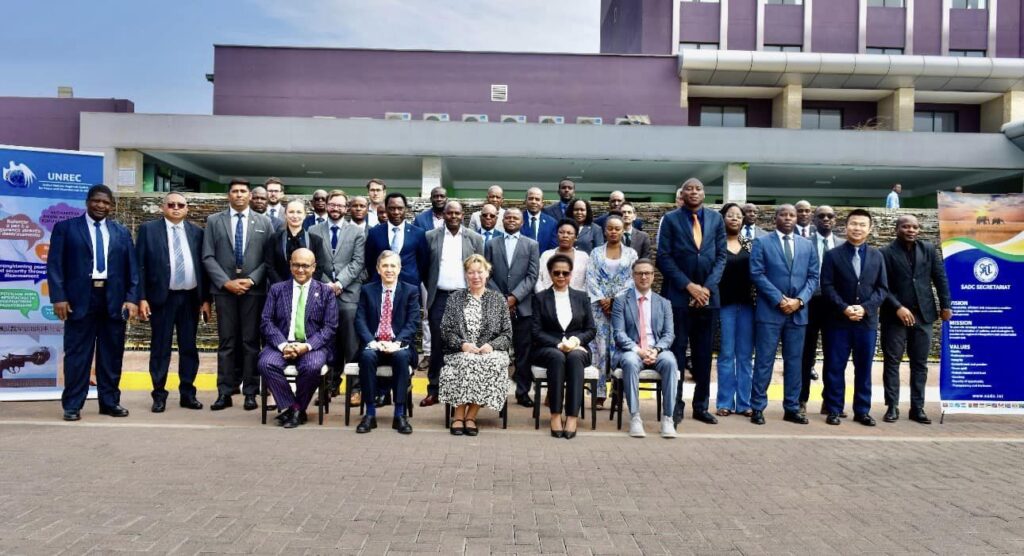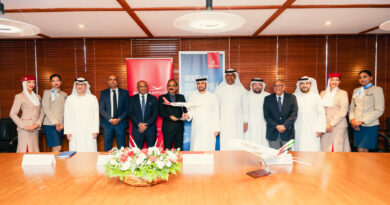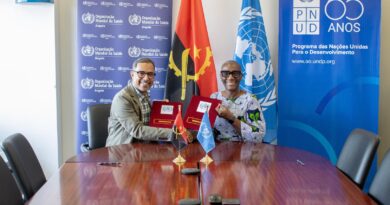Informal Regional Meeting on Conventional Ammunition Management Held in Botswana
The United Nations Office for Disarmament Affairs (UNODA), in partnership with the Southern African Development Community (SADC) and its Regional Centre for Peace and Disarmament in Africa (UNREC), convened an informal regional meeting on the implementation of the Global Framework for Through-Life Conventional Ammunition Management.
Supported financially by Germany, the meeting took place on September 24-25 in Gaborone, with the goal of raising awareness about this vital international arms control instrument.
In his opening remarks, UN Resident Coordinator in Botswana, Mr. Zia Choudhury, underscored the critical role of effective ammunition management in promoting peace and sustainable development throughout East and Southern Africa.
He warned that improper management leads to increased demand for illicit ammunition, exacerbating inequalities and fueling armed conflict. Choudhury highlighted the dangers posed by the diversion and trafficking of ammunition, noting that non-State actors often exploit these weapons for improvised explosive devices.
He also addressed the tragic consequences of unplanned explosions at munitions sites, which have resulted in thousands of deaths and significant environmental destruction.
On behalf of the SADC Director of the Organ on Politics, Defence, and Security Affairs, Ms. Thanyani Gumede, a Senior Officer from the SADC Secretariat, outlined several initiatives aimed at implementing the African Union Master Roadmap for Silencing the Guns in Africa.
These include engaging Member States through the Regional Coordinating Committee on Small Arms and Light Weapons (SALW) and developing comprehensive projects to combat the illicit proliferation of SALW and ammunition.
Mr. Manuel Martinez Miralles, Officer-in-Charge of the Conventional Arms Branch at UNODA, noted the historical neglect of conventional ammunition issues on the global stage.
He celebrated the adoption of the Global Framework as a significant milestone, emphasizing that it demonstrates the potential for progress even in challenging international political conditions. Miralles commended Member States for their commitment to addressing the safety risks associated with conventional ammunition.
Gabriela Bennemann, Ambassador-Designate of Germany to Botswana and SADC, raised concerns about the alarming challenges posed by the illegal proliferation of small arms and conventional ammunition. Referring to a recent UN Secretary-General report, she highlighted a 53% rise in civilian deaths in some of the world’s deadliest conflicts, primarily caused by small arms and light weapons.
The Ambassador reiterated that strengthening small arms control is a key pillar of Germany’s conventional disarmament policy and revealed that Germany contributed over 20 million euros in 2023 to global projects addressing this issue.
Discussions among participants focused on regional instruments, such as the SADC Protocol and the Nairobi Protocol, and their role in supporting the Global Framework’s implementation. The importance of needs-driven, integrative approaches to international assistance was emphasized, particularly through adherence to the International Ammunition Technical Guidelines and Weapons and Ammunition Management Baseline Assessments.
A significant topic of discussion was the need for gender considerations in conventional ammunition management. The meeting aimed to enhance understanding and promote the meaningful participation of women in this area.
To combat illicit trafficking, SADC is also conducting regional training to equip law enforcement agencies with the necessary skills and knowledge to prevent, investigate, and prosecute related cases effectively.
Source: SADC



